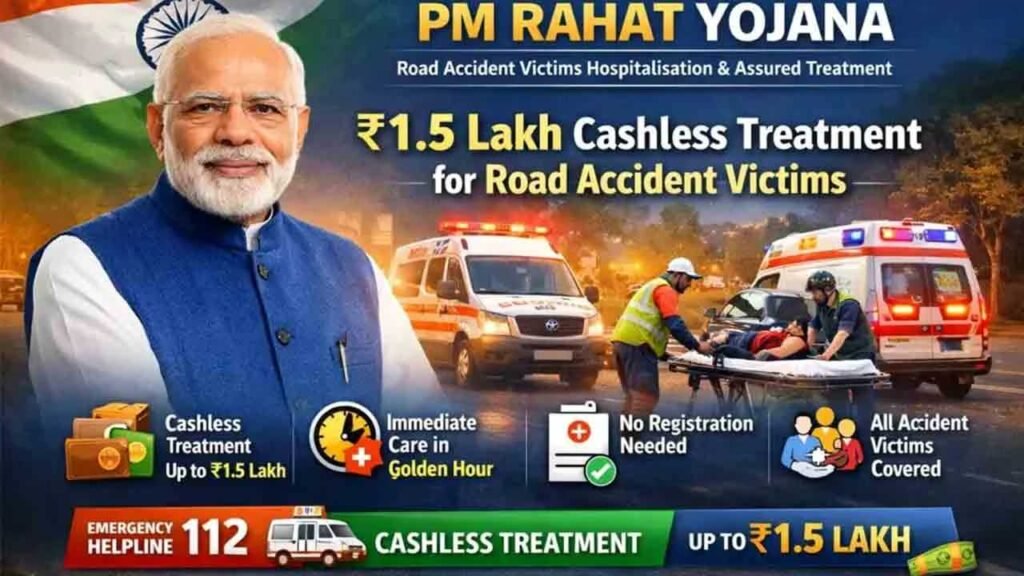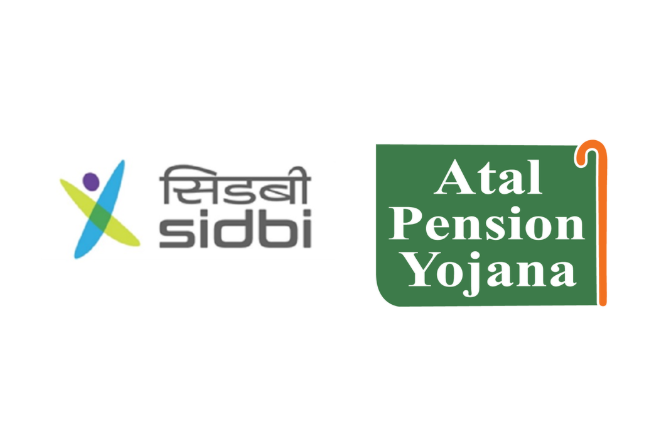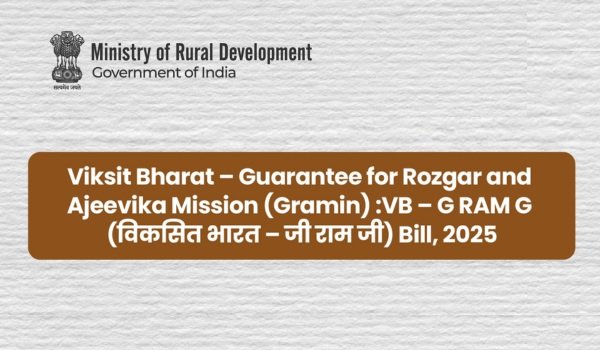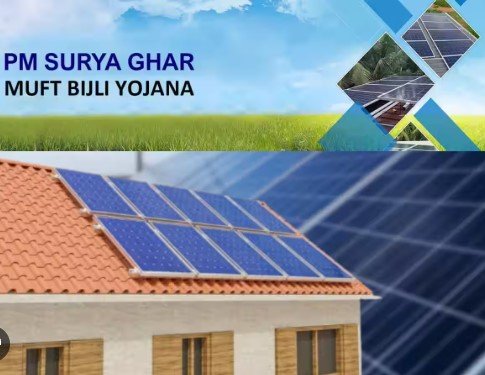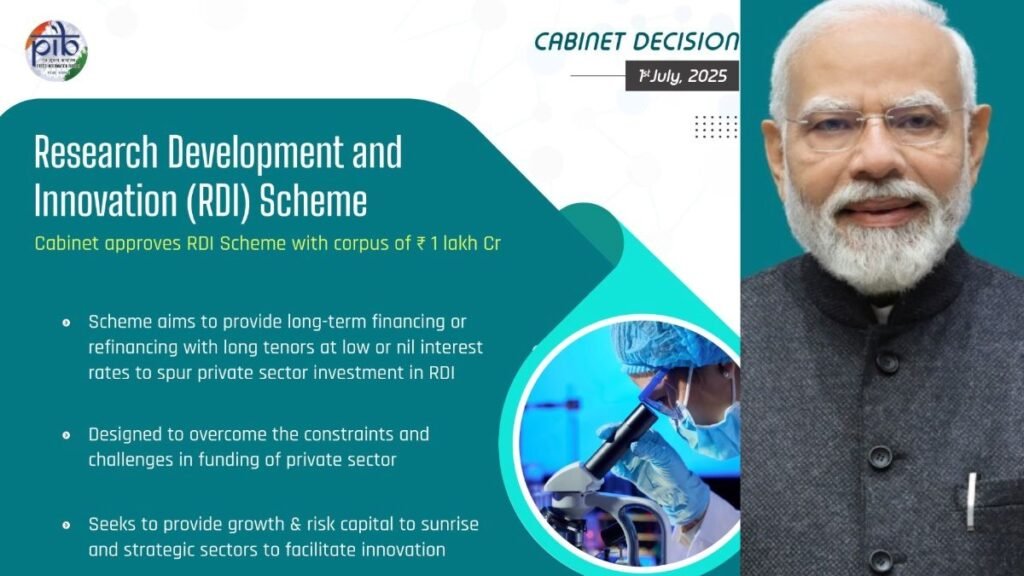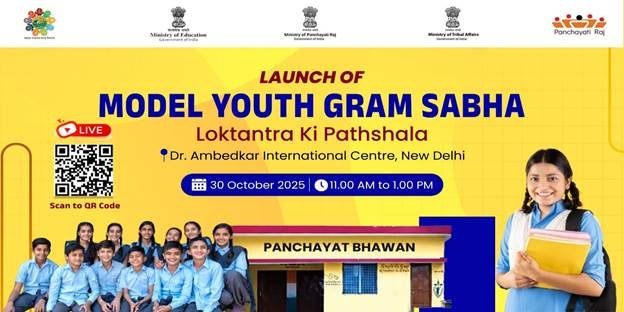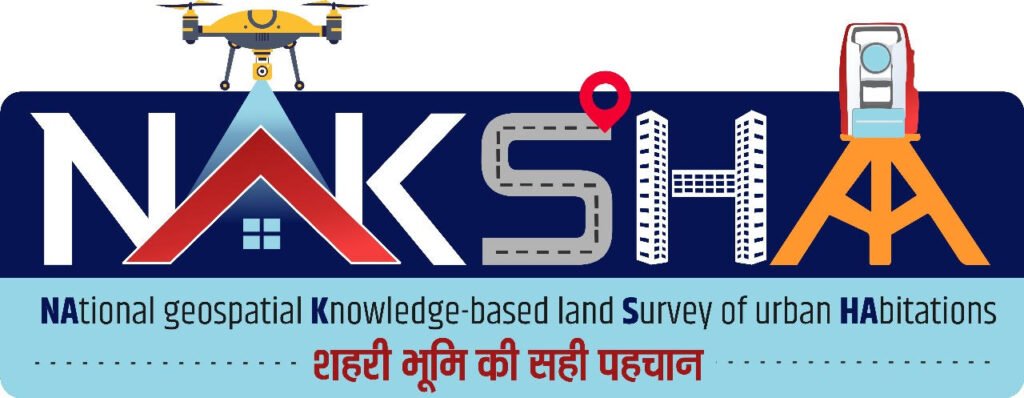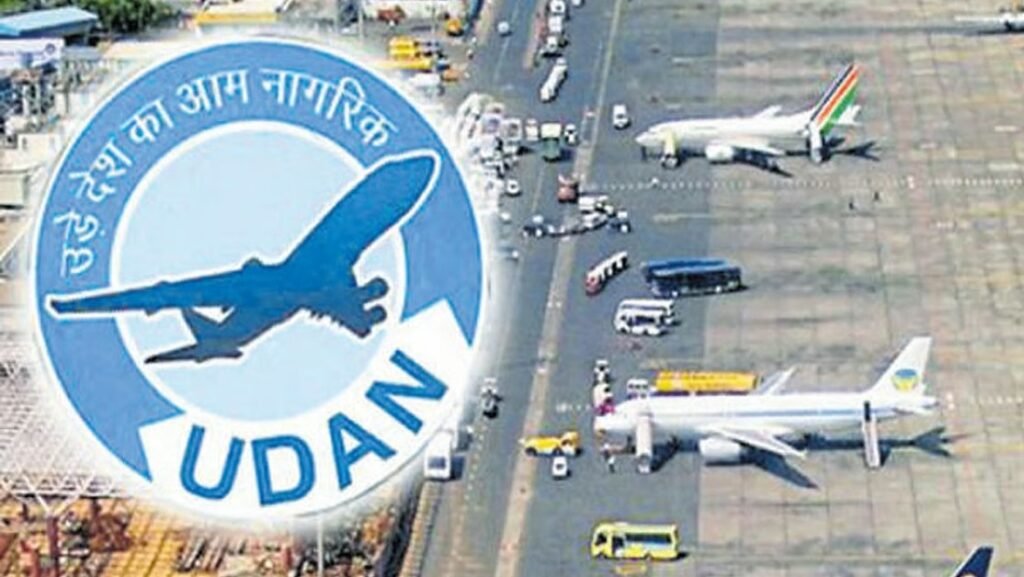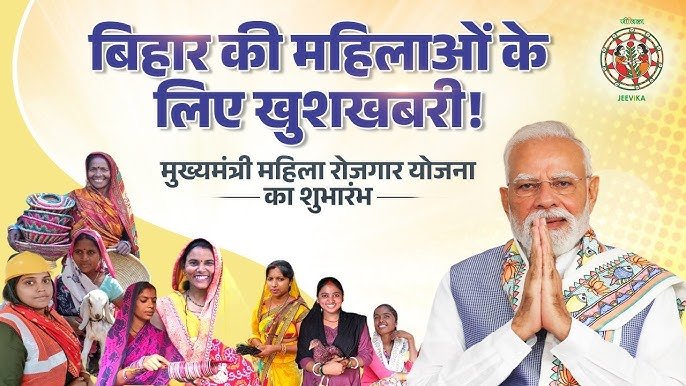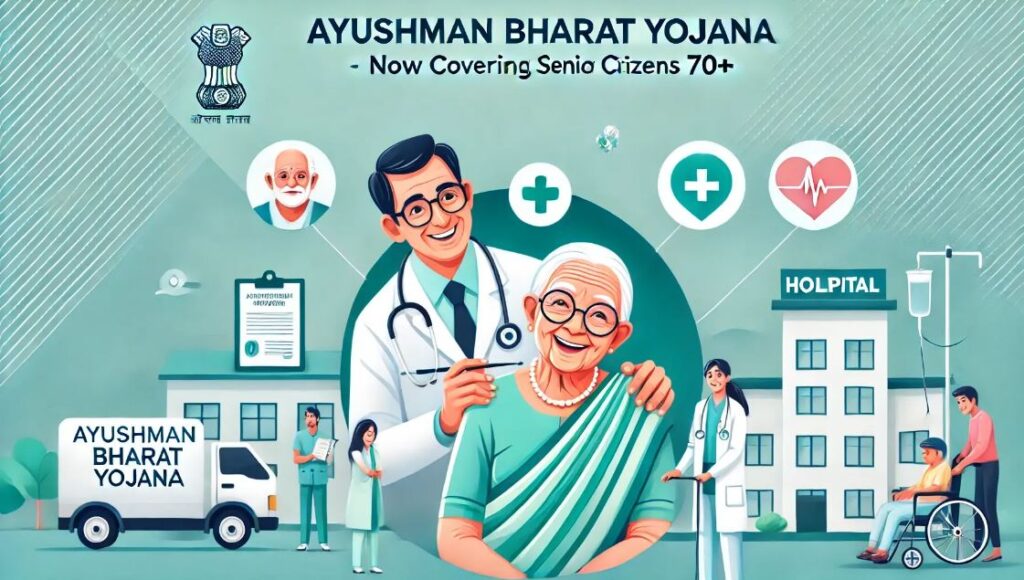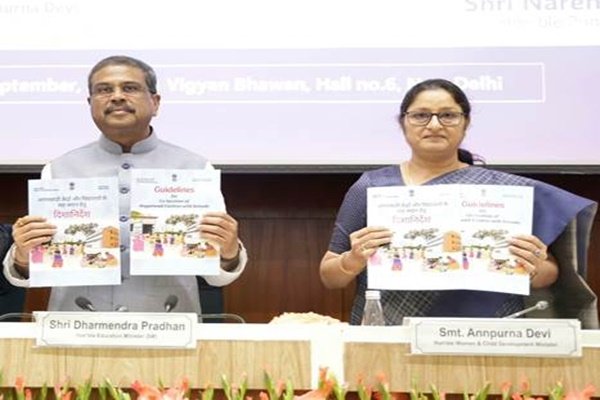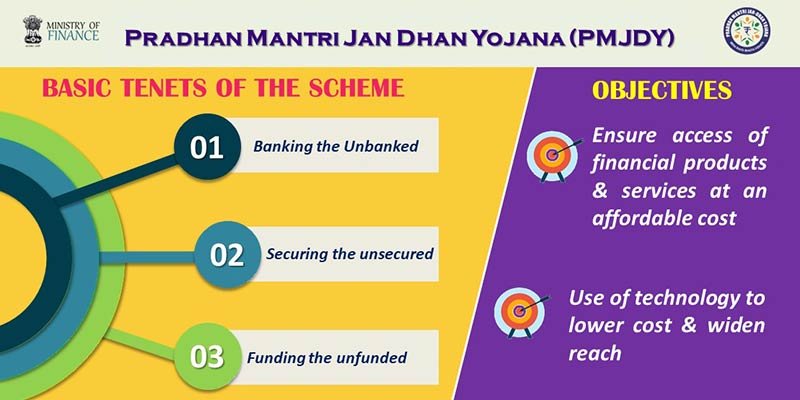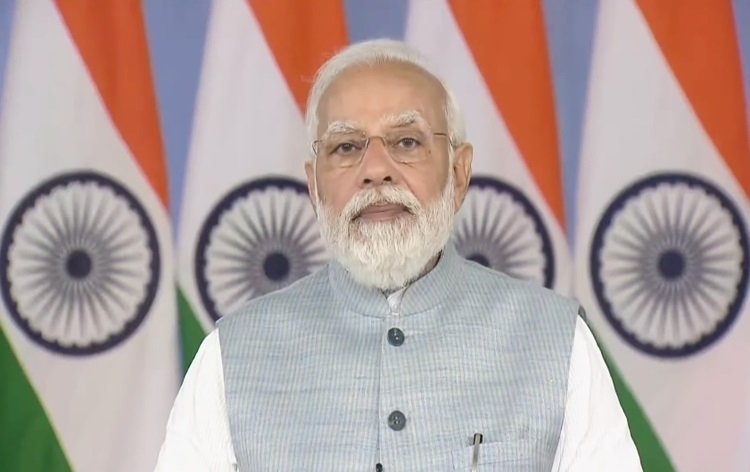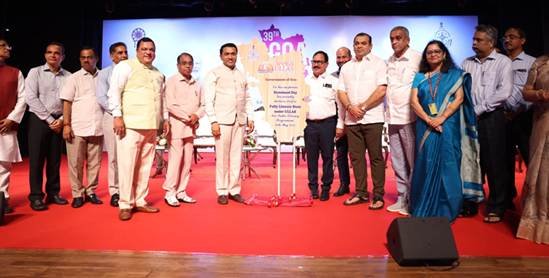PM RAHAT Scheme: Cashless Treatment for Road Accident Victims
On 15 February 2026, Prime Minister Narendra Modi approved the launch of the PM RAHAT (Road Accident Victim Hospitalisation and Assured Treatment) Scheme. Under this scheme, every eligible road accident victim on any type of road will receive cashless medical treatment up to ₹1.5 lakh for a maximum period of seven days from the date of the accident.
The Ministry of Road Transport and Highways stated that the scheme reflects the government’s commitment to saving lives by ensuring immediate medical assistance after road accidents. Hospital expenses will be reimbursed through the Motor Vehicle Accident Fund.
Launched from Seva Teerth, New Delhi, PM RAHAT represents a citizen-first and compassionate governance approach. The initiative is significant as India records a high number of road accident fatalities each year, many of which are preventable. Studies show that nearly 50% of road accident deaths can be avoided if victims receive hospital care within the golden hour.
